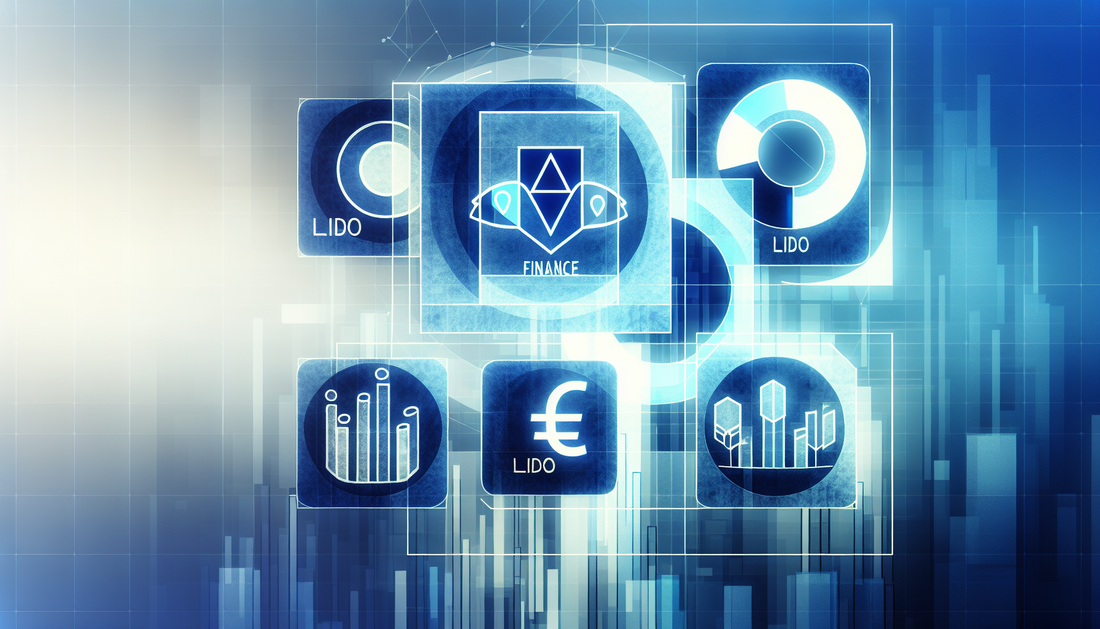
Decoding Lido Finance: Governance in Action
Share
Governance in Lido Finance (LDO): How Power Is Distributed
Lido Finance (LDO) has emerged as a key player in the world of liquid staking for Ethereum and other major blockchain networks. While its technical prowess has been widely recognized, governance remains the cornerstone of its operational framework. Decentralized governance empowers the community to influence decisions while aligning with the broader ethos of blockchain technology. But how does governance function in Lido, and what makes it stand out?
The Structure of Lido Finance Governance
Lido operates under a decentralized autonomous organization (DAO) model. At the core of this model lies the LDO token, which is pivotal for voting and governance decisions. Holders of LDO tokens can initiate and vote on proposals that shape the future of the protocol. This governance framework ensures community-driven decision-making and financial sustainability, as participants are incentivized to act in the best interest of the protocol.
However, as with many DAOs, Lido's governance isn’t entirely without challenges. Concentration of LDO tokens among a few entities poses the risk of governance centralization, a common concern in DeFi protocols. Ensuring an equitable distribution of LDO tokens remains a priority, as it directly impacts the effectiveness and democratic nature of its governance.
Key Features of Lido Governance
- Proposal Submission: Lido’s governance process begins with the submission of proposals through the DAO’s official forums. These proposals can cover a wide range of subjects, from protocol upgrades to treasury management.
- Voting Mechanism: Every LDO holder can vote on proposals, with voting power proportional to their LDO holdings. The more tokens an individual or entity holds, the greater their influence on protocol decisions.
- Delegation: Lido governance also permits token delegation. Holders who lack the technical expertise or the time to participate actively can delegate their voting power to trusted individuals or organizations in the community.
Challenges in Lido's Governance Framework
Despite its strengths, Lido Finance has faced scrutiny over several governance-related challenges. The potential for token concentration among a limited number of stakeholders is one of the most pressing concerns. This concentration could theoretically allow large holders to dominate decision-making, undermining the decentralized ideals of the protocol.
Additionally, Lido’s rapid growth and protocol expansion have raised questions about scalability in governance. Balancing inclusivity with efficiency is a delicate process, particularly as more stakeholders join the ecosystem. Similar concerns have been observed in other blockchain projects, such as Solana and Filecoin, as they strive to maintain decentralized governance under rapid network development.
